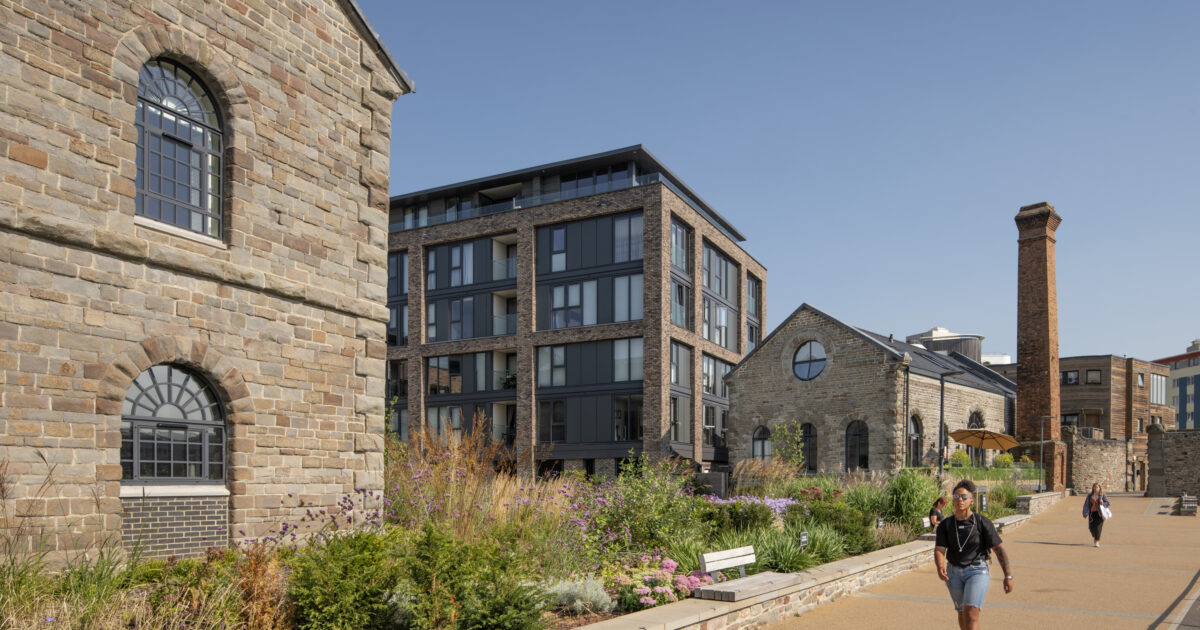Results from June 2024 Panel Research
In June, 250 UK Heritage Pulse panel members responded to a survey consisting of questions that the research panel themselves had identified as important to the sector. You can find out more about how the questions were selected, and see the full list of questions suggested.
The first section focused on financial performance, particularly the prevalence of deficit budgets and the direction of travel for organisational reserves. Then the panel shared the extent to which they agree or disagree with various attitudinal statements on the management of heritage. Finally, an open text discussion explored current and future plans in contemporary collecting and oral history.
The results showed us:
Deficit budgets and reserves
Almost a third of respondent organisations ended the last financial year operating in a deficit, and of those almost two-thirds expect to also end this year in deficit.
31% of respondents said their organisation had ended the last financial year operating in a deficit, with 14% of these stating the deficit was substantial. 55% said their organisation had ended the year in surplus, with the remainder either saying the question was not applicable, or they didn’t know.
Of the organisations who said they had ended the previous year in deficit:
- 29% did not expect to end this year in deficit
- 43% have budgeted to also end this year in deficit
- 19% expected to end this year in deficit, and had not budgeted to do so
- 9% did not know how they would end this year.
Of the organisations which had ended the last financial year in deficit, the proportion is slightly higher among organisations with a turnover of over £1 million per year (33%) and in Historic Buildings and Monuments (38%).
Respondents shared their organisation’s reasons for this deficit:
“Challenging trading conditions due to the cost-of-living crisis following on from the pandemic.”
Respondent
“Unlike most organisations, we have a healthy reserve, so we are spending down a portion of this.”
Respondent
“Large reduction in Council funding.”
Respondent
“Heavy expenditure on building restoration, some of it unexpected due to a collapsed riverside wall.”
Respondent
Overall, 19% have budgeted in preparation for ending the current financial year in a deficit, while 8% have not budgeted for it, but expect it to be the case.
“Staff pay rises in line with other public sector organisations (led by a parent body) will take us into deficit.”
Respondent
Half of organisations – 51% – indicated their reserves were below their target level. 41% said their reserves were at or above target. Less than a third of organisations expect to see growth in their unrestricted financial reserves over the next five years. One quarter of respondents said they hold more than 6 months of operating costs in reserves.
26% of respondents expect the cash amount of their unrestricted financial reserves to grow over the next 5 years, whether that’s to stay on target or as part of a plan to get back on target. 28% expect this to stay static (at target levels or remaining below). Just 16% expect these reserves to reduce.
51% indicated that their reserves were currently at target level, while 41% said their reserves were currently below target, 8% did not know.
One quarter or all respondents have 3-6 months of operating costs currently held in unrestricted reserves. 35% have more than 6 months. 22% didn’t know.
Of the organisations with 2 months or less of operating costs in reserves (17.9% of the total), approximately one third expect to grow their reserves this year. Almost two-thirds of these organisations are small, with 9 staff or fewer.
Can you tell us how many months of operating costs you currently hold in unrestricted reserves?

Of those who expect their reserves to reduce, the majority of organisations attribute this to the need to draw down reserves to support rising costs or reducing income.
Do you expect that reduction to occur as a result of:

Of those who expect their reserves to increase, the majority see this as coming from donations and grants, or an operating surplus retained from a ‘business as usual’ approach.
Do you expect the growth to occur as a result of:

Agreement/disagreement with value statements
Respondents were then asked to let us know how much they agree with a series of statements. These statements centred around people in heritage, sustainability, operations and the public realm.
The majority believe audiences and visitors are at the heart of their organisation, but it is becoming more challenging to engage volunteers.
The majority of respondents agree that audiences and visitors are at the heart of their organisation (72%), but just over half, 54%, agree that engaging and motivating volunteers is getting harder over time.
65% agreed that it is very challenging to make building and operations truly energy efficient.
In terms of costs, 49% believe they will receive, generate or raise enough money to cover core operating costs in the foreseeable future.
Just 41% agreed that mergers and takeovers should be promoted in the heritage sector to ensure valuable knowledge, experience and skills are not lost in difficult times.
When asked about whether they agree collections should be more fluid, specifically aiming to have with less objects permanently held in storage, 65% said yes.
Contemporary collection
Many share plans to capture contemporary heritage stories, or express barriers they’re facing in doing so.
A question proposed by one UK Heritage Pulse panellist last month encouraged respondents to share any contemporary collection they currently undertake, whether that’s objects, artefacts, or oral history in the form of recording stories and recollections directly form living people:
“Heritage is being made now. Do you have any plans to capture individuals’ stories [today]?”
Many shared how and why they currently collect current community experiences:
“We specialise in oral history collection; we believe individual’s story is important.”
Respondent
We continue to collect both objects and stories. As a rule of thumb, we collect up to 15 years prior to the current date and will do so on a rolling basis.”
Respondent
“We work responsively with community groups to record and celebrate the heritage of their choice and they are often most interested in current stories and those from the recent past (e.g. oral history and community mapping).”
Respondent
“We are dedicated to collecting audio poetry and also collect dialogue from poets about their work. This is a slice of social, cultural and historical history – but niche to poetry.”
Respondent
“We are dedicated to collecting audio poetry and also collect dialogue from poets about their work. This is a slice of social, cultural and historical history – but niche to poetry.”
Respondent
“We continue to add to our collection through oral history taking plus research. We continue to make this available for free on-line through our organisation’s website.”
Respondent
“Working on trying to capture individuals’ stories before they are lost, especially in connection with the buildings we look after.”
Respondent
For some, they intent on exploring this, but barriers are at play:
“We ought to but lack the capacity/ability.”
Respondent
“Nothing planned at present though if we succeed with our bid to restore the wall paintings in the church, we will look to mount an exhibition about the artist.”
Respondent
“We don’t currently have the resource to do this but it should be done.”
Respondent
Respondents also shared their intentions for future work in this area:
“Capturing oral histories and documenting our community’s experiences to contemporary events is a core part of our organisation’s mission. Having said that we are probably not directly capturing cost of living crisis (only indirectly through election leaflets, council decision making etc). I will rethink now this issue has been raised.”
Respondent
“We are planning more small oral history projects drawing on aspects of rural community life that are in danger of being lost as the area is expanding with new housing. It is an attempt to bring together new residents who have no connection to farming, food production etc and traditions with older people in the community who have great knowledge and stories that bring places alive and inspire new ideas and new traditions.”
Respondent


